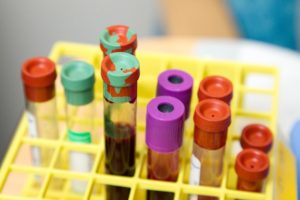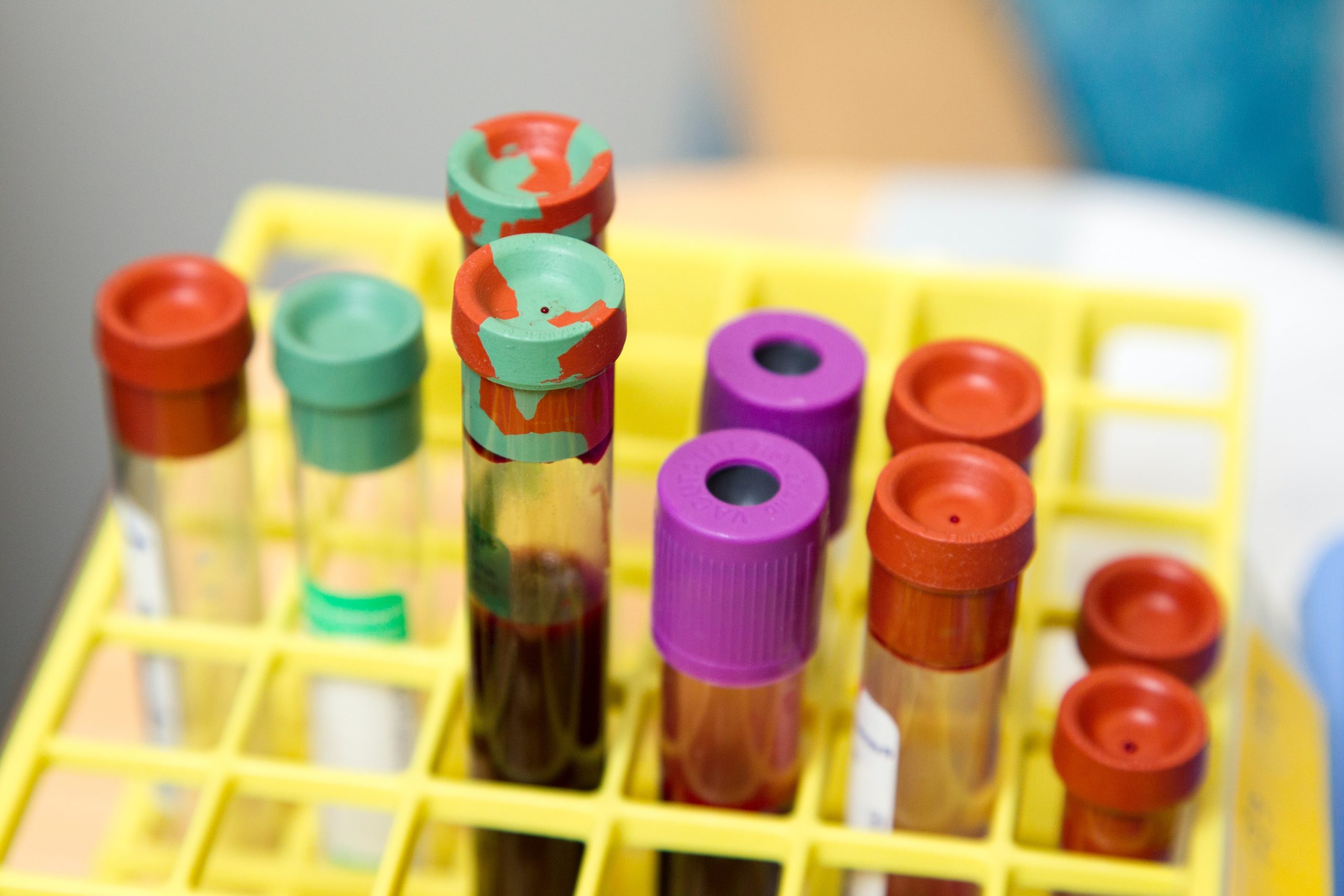Genetic Counseling vs Genetic Testing: An overview
What is genetic counseling?
Genetic counseling offers many different layers of support for patients and their families embarking on a rare disease diagnosis journey. Led by genetic counselors, who are both medical professionals and therapists, genetic counseling walks and guides patients through their diagnosis, from initial genetic analysis, to genetic testing, diagnosis, and beyond.
Genetic counselors help patients understand their own family history, and symptoms, within the context of a rare disease. They recommend which genetic testing options to try, and what the process and possible results of each test might be. They provide important information on the causes and symptoms of genetic syndromes, and also help parents to understand what it means to be a carrier of a specific gene mutation.
Genetic counseling, as a service, acts as a bridge between patients and the medical world. They make sense of medical information, and coordinate healthcare professionals responsible for the care of a rare disease patient.

Genetic Counseling vs Genetic Testing- What is genetic testing?
Genetic testing is a process which involves exploring and understanding an individual’s genetic health, either as a carrier of a specific gene mutation, or as someone at risk for developing a rare disease.
Genetic testing is generally an invasive medical procedure, involving the taking of blood, or in the case of amniocentesis, amniotic fluid from around the developing fetus.
Genetic testing can identify a patient’s risk for developing a genetic syndrome, or diagnose a genetic syndrome specifically. Genetic testing is more accurate and successful, when genetic counseling has been a part of the process before a patient reaches the testing stage. One of the keys to an accurate rare disease diagnosis, is knowing which genetic testing is right for each individual, based on their family history and/or symptoms.

The differences
Genetic counseling and genetic testing are both part of the genetic diagnosis process. They both have the common goal of helping rare disease patients reach an accurate diagnosis. However the ways they do this vary. Genetic counseling complements genetic testing in many ways.
It helps patients understand which type of genetic testing is best for them. It helps them understand the process involved in each test, and what the test can be expected to tell them. Genetic counseling also helps rare disease patients and their families understand the results of testing, in terms of what it means for their long term care and management of the condition, or what it might mean in terms of future testing options.
Genetic counseling essentially makes sense of genetic testing for patients. This is an integral part of the diagnosis process, and what separates genetic counseling and genetic testing.
Genetic counseling differs from genetic testing in that it offers comprehensive support throughout the entire diagnosis process, and is not simply one step along the way. A diagnostic journey may include several types of genetic tests at different stages of the process, but in general genetic testing tends to be a step of its own within the diagnosis process. Genetic counseling on the other hand runs throughout every step of the process, from start to finish, and even beyond a diagnosis.
Essentially genetic counseling and genetic testing are not in opposition to each other. As crucial and essential stages within the diagnosis process, both are equally important, and complement the role and accuracy of each other. Sometimes genetic testing can throw up more questions than it answers, and this is when genetic counseling is so important in helping a patient make sense of what their testing has revealed, clear or not.
It is a common misconception that genetic screening always provides accurate and comprehensive answers. This is not always the case, and many rare disease patients have a long and complicated diagnostic journey, of which genetic counseling is an essential part. It often takes a combination of genetic analysis, genetic counseling, and genetic testing in order for a patient to reach an accurate diagnosis.
Generally, both genetic testing and counseling have struggled with accessibility, and getting their services and support to the people who need them. However because genetic counseling is not an invasive procedure, and does not necessarily require an in-person appointment, accessibility to genetic counseling is improving. This has been led by the rise of online genetic counseling, connecting genetic counselors and rare disease patients virtually. This has helped improve accessibility to genetic counseling for many patients, something that needs to be improved with genetic testing too.
Genetic counseling and testing are both part of the same process, in terms of diagnosing a rare disease. While they may differ in their methods, at the end of the day, both aim to improve the accuracy of genetic diagnosis for rare disease patients and their families.







